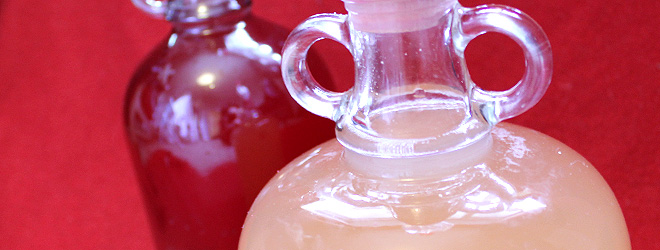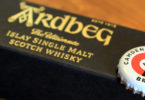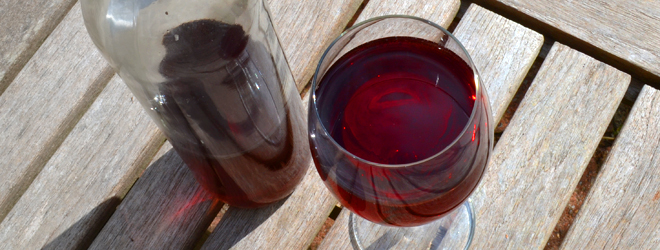This weekend we set about racking off our first batch of plum jerkum. But as we eased the airlock out of the demijohn our senses were overcome with an olfactory horror – a sulphuric stink-bomb of rotten eggs. Otherwise known in brewing circles as ‘rhino farts’.
Neither of us have experienced the emissive whiff of a rhinoceros, but we’re guessing we wouldn’t want on in our kitchen.
‘Rhino farts’ can affect beer, cider and wine. This may be the first recorded incident of it troubling plum jerkum. And as we’ve previously not encountered this particular stench in any of our home brews we took to our brewing library and the internet to find out what’s going on.
It would appear we can blame some dodgy yeast and IN NO WAY put it down to a lapse of sanitation. The guilty smelling odour is hydrogen sulphide (H2S) which is created when the yeast starts rummaging around for nitrogen among previously untroubled chemicals within the liquid. Some brewing quacks suggest it’s possible to remedy the problem if caught early enough by driving off the noxious gas and kick starting fermentation – although the pong is so powerful that we fear this is the talk of lunatics. But we tried anyway…
Our process of jerkum salvation began by racking off the juice a few times and shaking oxygen into the mix. We then added a restart yeast, nutrient and a sugar syrup solution (handy, because it needed topping up) and placed the demijohn in a warm place. 48 hours later and it would seem a miracle has taken place – we can safely plunge our noses into the vessel, inhale deeply and enjoy the delicate essence of plum without our senses being trampled by rhinos. Hopefully it remains that way…
Notes:
1. The image above features two batches of jerkum experimentation. The malodorous mix is the paler one in the foreground.
2. The first part of our headline is tenuously taken from an album by Welsh psychedelic prog rock geniuses ‘Man’.








I haven’t had this happen to me, but I have had both lumpy strawberry and swiss cheese rhubarb. I couldn’t remedy either, so manfully drank the results. More recently, last year’s double batch of ‘Gooseberry and Elderflower’ has a distinctly musty taste to the extent that it is borderline undrinkable, and I’m not sure how I’m going to dispose of all 12 bottles. Possibly give them away to people I don’t like very much.
I have plan for wines that go bad – home made Vermouth. The odds on favourite to receive this treatment first is the pods and sods wine.